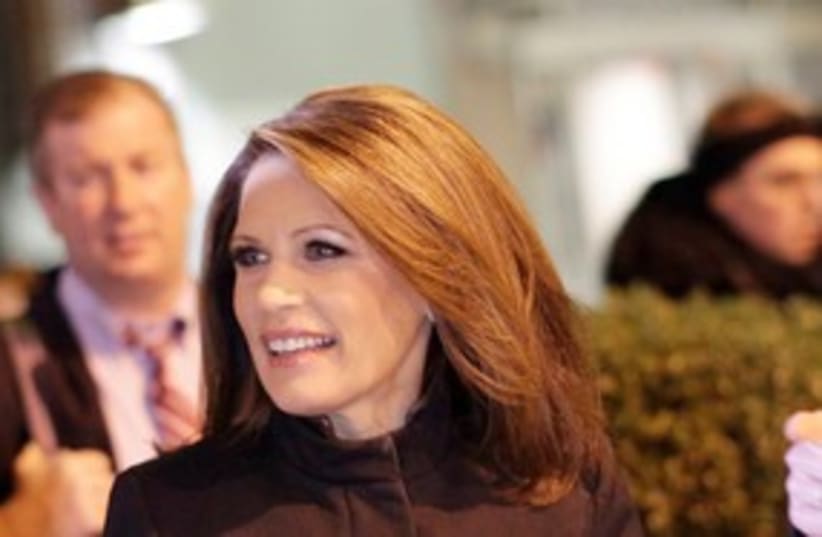Despite the example of the bald and mustachioed 66-year-old Herman Cain -- whose meteoric rise and fall as a presidential candidate fascinated America -- University of Haifa researchers believe that better-looking members of Congress get more TV coverage than the ugly ducklings.Researchers at the University of Haifa find a link between the good looks of politicians and their television coverage in the US. The possible reason: television journalists think their viewers want to see good-looking people.RELATED:Gender differences in student optimismProf. Yariv Tsfati of the university’s communications department and Dr. Israel Waismel-Manor of its political science department suggested in their study, recently published in the journal Political Communication, that TV journalists think their viewers prefer to see physically attractive people."Physical appearance ranked third in the criteria for gaining TV coverage and ranked higher than seniority, position in Congress and legislative activity in this respect," noted the authors. While the study showed that physical attractiveness has an effect on TV exposure, no significant effect was found for radio or in the print media. If President Barack Obama were judged according to his looks, he would be #14, they said, and Secretary of State Hillary Clinton would be # 7.Comparing members of the Senate and House of Representatives running again for office according to their congressional activity and their state’s size, physical attractiveness was the third strongest predictor of TV coverage, scoring slightly higher than gender, tenure in office, bills sponsored and political standing. After weighing the various factors playing into media exposure, the study found that, for every additional score on the "physical attractiveness index" (a scale of 1 to 10), the politician’s TV exposure rises by 11.6 percent.Earlier studies have suggested three possible reasons why good looks may effect media exposure -- that TV journalists believe their viewers want to see beautiful people; that good looks broadcast reliability and respectability, which are highly regarded attributes for journalists, leading them to interview better-looking individuals over others; and that good looks heighten a politician’s self confidence, causing these politicians to invest more effort into getting media exposure."The fact that we found no connection between the member of congress’s media efforts and his or her television coverage rules out the third explanation," they said. "The data demonstrated that better-looking people tend to be more media active, but at the end of the day, it does not make a marked difference. The second explanation was also inconsistent with our current results. Had attractive people received more coverage because they were more trustworthy or eloquent or because they were perceived to possess these characteristics, they should have received more news coverage on the radio and in the newspaper as well, not only on TV. The fact that the association between physical attractiveness and news coverage was significant only for television news and not for radio and print, favors the first explanation mentioned above, that TV journalists cover better-looking members of Congress to attract the attention of audiences," said Tsfati and Waismel-Manor.The Haifa researchers had studied the question among Israeli MKs about a year and a half ago and reached similar but somewhat less powerful influences of attractiveness.
'Good-looking politicos get more TV time in US'
University of Haifa researchers: TV journalists give "good-looking" members of Congress more campaign coverage.
